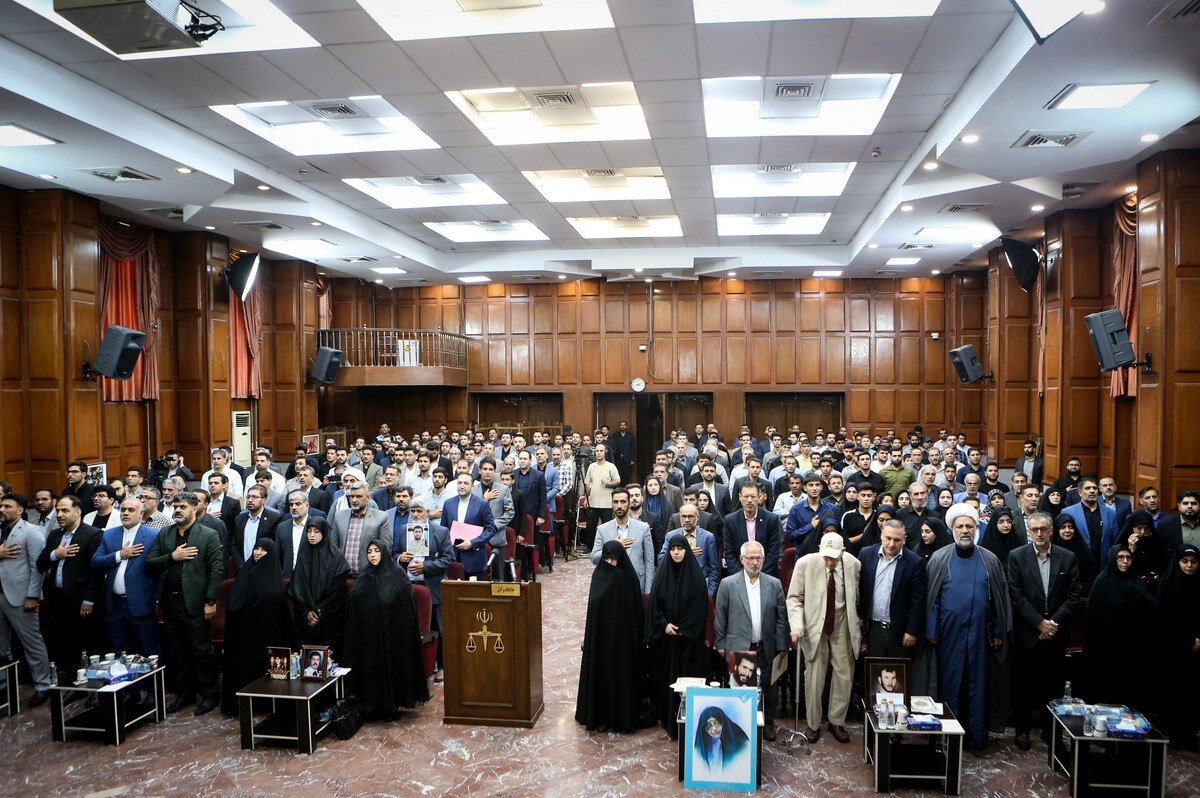First trial for U.S.-orchestrated putsch held in Tehran

TEHRAN – An Iranian court has commenced the trial of the U.S. administration and its officials for their role in the 1953 coup against the democratically-elected government of Prime Minister Mohammad Mosaddegh.
The first session was held on Sunday, marking the 71st anniversary of the coup, at the 55th branch of the court dealing with international affairs in Tehran’s Imam Khomeini Judicial Complex.
This lawsuit, brought by some 402,000 Iranians, targets six American individuals and legal entities for their involvement in the ousting of Mosaddegh, which paved the way for the pro-Western monarchy of Mohammad Reza Pahlavi until the 1979 Islamic Revolution.
Lawyer Shami Aghdam, representing the plaintiffs, stated that "documents show the U.S. spy agency CIA, with the help of its British counterpart MI6, planned the coup by using internal and external agents against the legitimate government of Iran on August 19, 1953."
Aghdam further explained that Washington and London "designed the military coup through violating international principles and rules, and interfering in the internal affairs of Iran, intending to maintain their influence and power in the government, securing their interests and looting the country’s property."
He added that the coup was carried out by military and political figures affiliated with the U.S. and UK governments, as well as "thugs." Aghdam concluded by stating that "In fact, the coup marked the beginning of Washington’s complete domination over Iran to make it more dependent than before and prevent its independence and progress. The domination lasted for more than 25 years and inflicted costs, as well as material and spiritual damage, on the country and the nation."
Mosaddegh’s ouster, the starting point of U.S. hostilities against Iran
The 1953 coup in Iran is known as Operation Ajax by the U.S. and its lesser-involved ally, the United Kingdom. The putsch happened after the Brits took umbrage at Mosaddegh’s decision to nationalize the Iranian oil industry, previously controlled by the Anglo-Iranian Oil Company (AIOC). This move angered Britain, which relied heavily on Iranian oil.
After failing to force the Iranian Prime Minister to walk back on his decision through an economic siege, London decided to seek direct help from Americans, who Mosaddegh believed could be a relying partner for Iran in the absence of Britain.
The CIA, under the direction of Kermit Roosevelt Jr., began planning the coup in early 1953. The operation aimed to create unrest and discredit Mossadegh while rallying support for the Shah, Mohammad Reza Pahlavi. The CIA’s main tool to incite public discontent against Mossadegh was propaganda. Americans portrayed the leader as a communist threat, while also funding opposition groups and organizing violent demonstrations.
On August 19, 1953, the coup was executed. Initially, it faced setbacks, but after some strategic adjustments and further riots, military forces loyal to the Shah took control of Tehran. Mossadegh was arrested, and the Shah was reinstated with increased power.
As stated by many historians as well as top Iranian figures and politicians, the coup toppling Mosaddegh in 1953 opened the floodgates to decades of American meddling in Iran’s internal affairs. The upheaval, though bitter in nature, also became the first lesson that Iranians learned in regard to Americans; that the U.S. cannot be trusted when it comes to respecting the sovereignty, integrity, and independence of other countries.
“There are some people who say that we should somehow compromise with the U.S. because this way, their enmities might decrease. No, [This is not right]. They have not even shown mercy to those who trusted, pinned their hopes on, and referred to the U.S. for assistance,” Leader of the Islamic Revolution Ayatollah Seyyed Ali Khamenei explained during a gathering in 2017. “Who for example? Dr. Mosaddegh. In order to fight and stand up against the English – this is what he wished to do – he turned to the Americans. He met with and negotiated with them and asked for their help. He trusted them. [But] The coup d'état of the 28th of Mordad (1953 coup) was not launched by the English, rather it was launched by the U.S. against Mosaddegh.”
By Soheila Zarfam
Leave a Comment